Tag: Biology
-
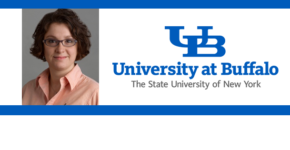
Ekin Atilla-Gokcumen, University at Buffalo – Cellular Senescence
Have we found one of the genes responsible for aging? Ekin Atilla-Gokcumen, assistant professor of chemistry at the University at Buffalo, explores senescence and one gene that stops cells from dividing later in life. Ekin Atilla-Gokcumen is a chemical biologist who studies lipids, a class of organic molecules that includes fats, waxes and sterols like…
-
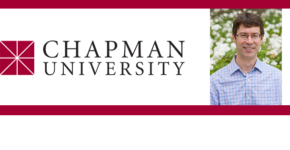
Douglas Fudge, Chapman University – Hagfish
Dealing with predators is a fact of life for most species. Douglas Fudge, associate professor of biological sciences at Chapman University, delves into the hagfish and how it avoids becoming lunch. Dr. Fudge’s research aims to understand the biophysics of marine animals, with a focus on processes such as predator defense, feeding, and locomotion. Current…
-
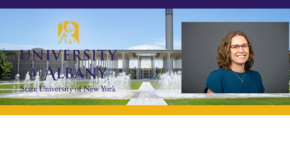
Wendy Turner, University at Albany – Understanding Why Anthrax Outbreaks Occur
On University at Albany Week: Why are some anthrax outbreaks worse than others? Wendy Turner, assistant professor of biological sciences, looks at the factors that may lead to worse outbreaks. Wendy Turner is an assistant professor of biological sciences at the University at Albany. She runs the Turner Lab, which conducts research into the ecology…
-
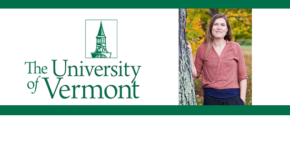
Alexandra Kosiba, University of Vermont – The Rebound of the Red Spruce
The red spruce is coming back to the Northeastern United States. Alexandra Kosiba, researcher in the Rubenstein School of Environment and Natual Resources at the University of Vermont, explores why these trees have made a rebound after years of decline. Alexandra Kosiba is a forest ecologist and dendrochronologist who specializes in understanding tree response to…
-

John Loike, Touro College – Xenotransplantation
Animals may help us bridge the organ donation gap. John Loike, professor of biology at Touro College, discusses xenotransplantation. Dr. John Loike joined Lander College of Arts & Sciences in the Fall of 2017 after serving as the co-director for graduate studies in the Department of Physiology Cellular Biophysics and director of Special Programs in…
-
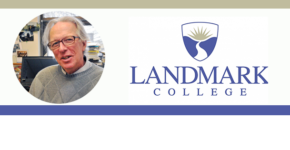
Ken Gobbo, Landmark College – Neurodiversity
Neurodiversity is a growing social movement. Ken Gobbo, professor of psychology at Landmark College, discusses this movement and how it can help find strengths were only weakness was seen before. Ken Gobbo is Professor of Psychology at Landmark College in Putney, Vermont. He is also a member of the steering committee for the Landmark College…
-
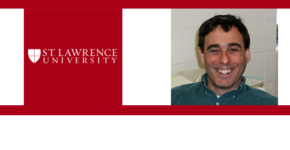
Joe Erlichman, St. Lawrence University – Cerium Dioxide Nanoparticles
A new treatment for ALS could be on the way. Joe Erlichman, professor and chair of science at St. Lawrence University, explores why looking small could help get the treatment where it needs to go. The brain is composed of two types of cells termed neurons and glia. Most of what we know about the…
-
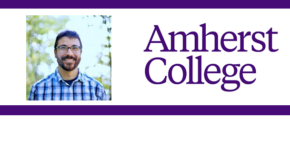
Josef Trapani, Amherst College – Hair Cells
On Amherst College Week: Little hair cells in our ears play big roles in hearing and balance. Josef Trapani, associate professor of biology, says understanding hair cells can help us fix them in the future. Joe Trapani is an Associate Professor of Biology at Amherst College and is a faculty member in the Neuroscience Program.…
-
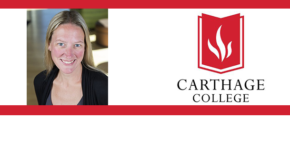
Angela Dassow, Carthage College – Identifying Individual Gray Wolves Using Howls
Wolves have their own voices. Angela Dassow, assistant professor of biology at Carthage College, says wolf vocalization recordings can help monitor pack populations in a less invasive manner. Professor Angela Dassow received her B.S. degrees in wildlife ecology and entomology from the University of Wisconsin-Madison in 2003. After spending several years as the head preparator…
-

Janice Stapley, Monmouth University – Female Student Athletes and Concussions
How do we protect athletes from concussions? Janice Stapley, associate professor of psychology at Monmouth University, look at safety for female Division 1 athletes. I am an Applied Developmental Psychologist with research experience in Emotional Intelligence and Emotion Regulation and the developmental periods of Adolescence and Emerging Adulthood. I do mixed methods research and have…
